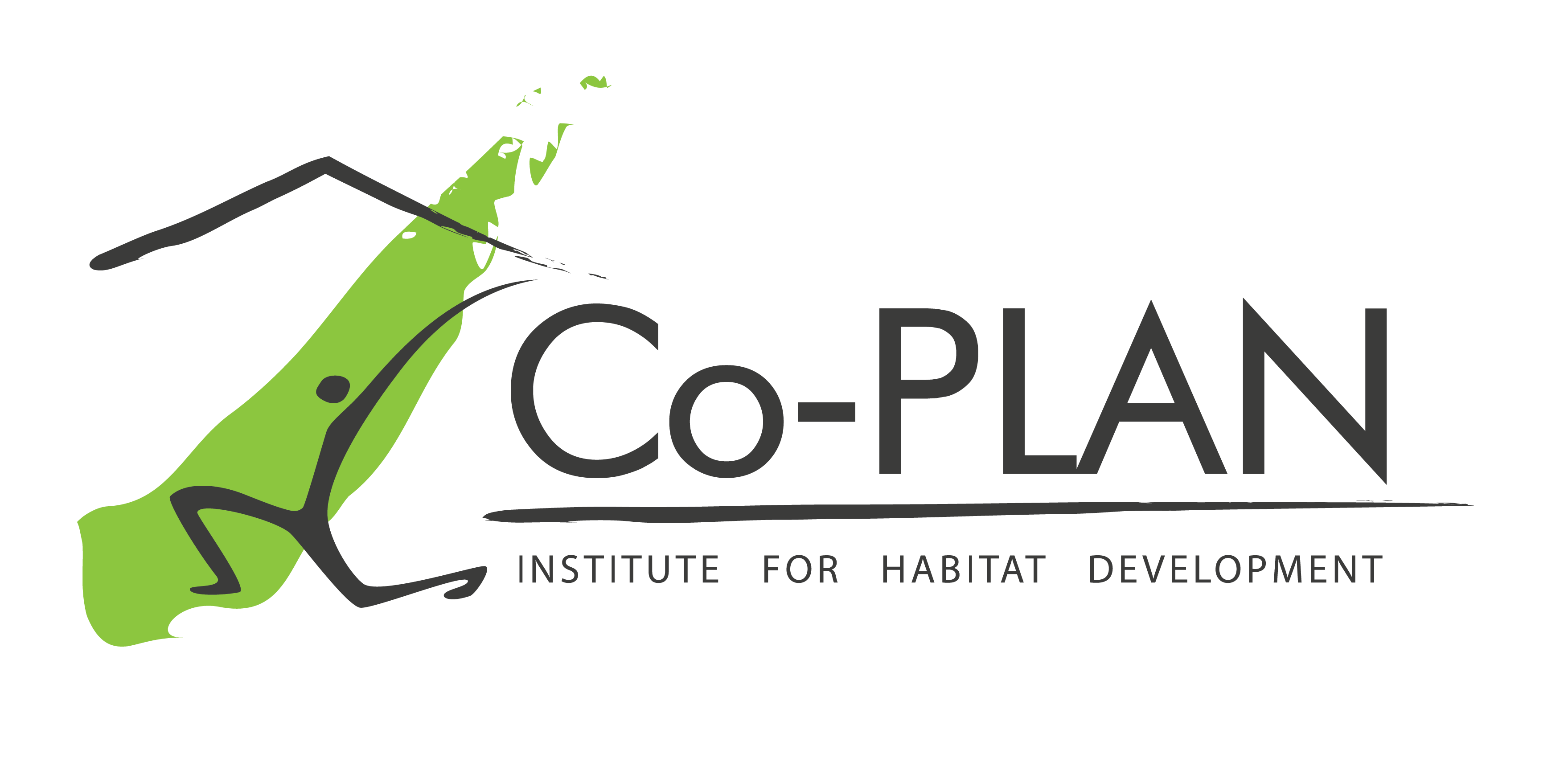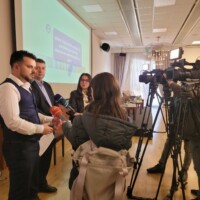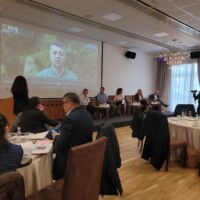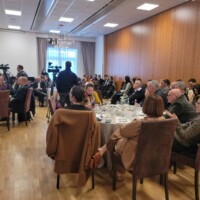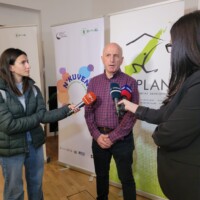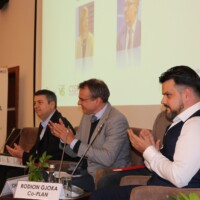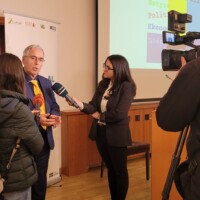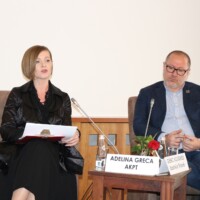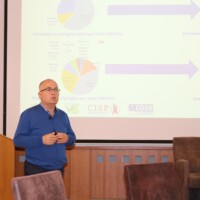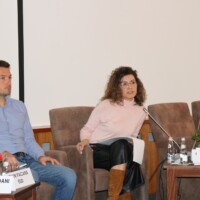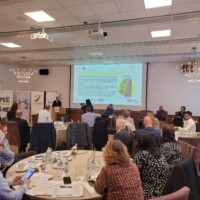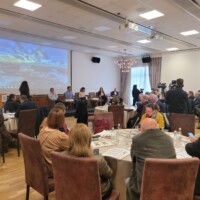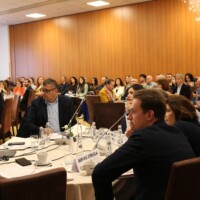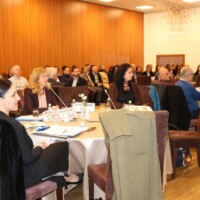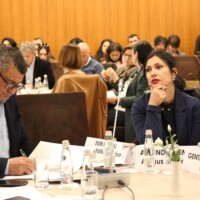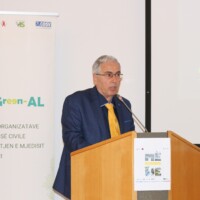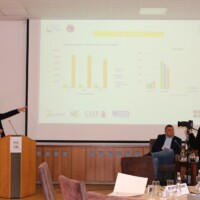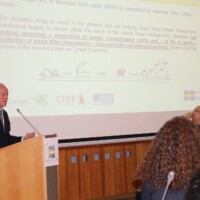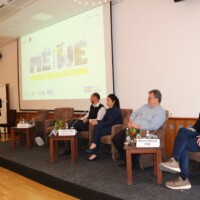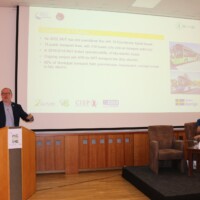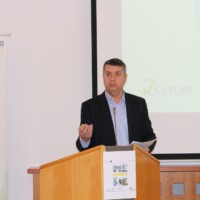National Forum on Climate Change
Albania is ranked among the countries with the lowest GHG emissions in the atmosphere, but is classified as the most vulnerable country to the effects of climate change in the Mediterranean basin according to the IPCC.
IGEO reports that the average maximum temperature has increased by +1.9oC, the number of rainy days has decreased by at least 12%, the number of sunny hours has increased by 10%, compared to historical averages.
We all witness locally how extreme weather events now have a high recurrence frequency. Meanwhile, not everyone is aware that this situation is causing pressure on the management of the country’s water reserves in function of the energy and agricultural sectors. High temperatures have reduced comfort in urban areas and increased the frequency of fires in natural areas. Drought as a phenomenon is related to air pollution in urban areas, lack of water in the irrigation season, degradation of the quality of agricultural land, fires and many other cross-sectoral effects. But above all Climate Change, now present, has become a concern for public health, security and the country’s economy.
The Environmental Community in Albania, on March 28, 2023, organized the “National Forum on Climate Change” to coordinate and structure our attitude towards the apathy of the local authorities regarding the climate. In a joint statement, over 70 Environmental Organizations request that this positive pressure be reflected and reacted by the #Ministry of Tourism and Environment. #ParisAgreement #EUGreenDeal #WBGreenAgenda #ClimateNeutrality2050 are the mechanisms that facilitate our green transition and adaptation to climate change, it is not enough to be only signatories.
The National Forum “Climate Change in Albania” was co-organized by REC Albania, the Free Thought Forum and Co-PLAN within the framework and with the support of #GreenAL, a project financed by the Swedish International Cooperation and Development Agency (SIDA) with funds from the Government Swedish Embassy of Sweden in Tirana and implemented by Co-PLAN Institute for Habitat Development, in cooperation with VIS Albania and COSV – Cooperazione per lo Sviluppo and CISP Sviluppo dei Popoli.
